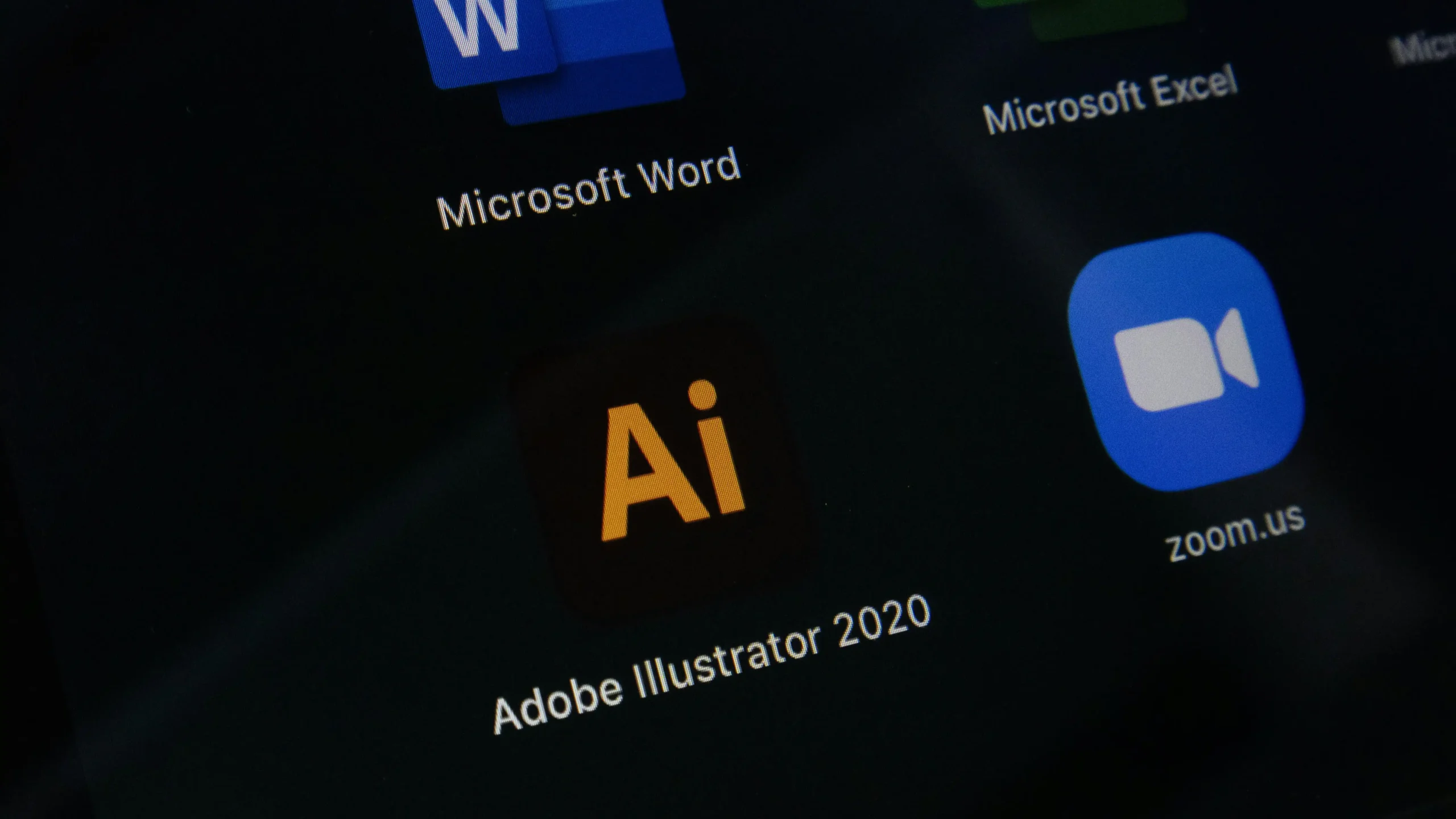How Blockchain Technology is Transforming Industries: A 2025 Roadmap for Leaders
Imagine a world where supply chains are transparent, healthcare records are unhackable, and financial transactions bypass banks entirely. This isn’t science fiction—it’s the reality blockchain technology is crafting in 2025. Originally known as the backbone of Bitcoin, blockchain has evolved into a $162 billion market force redefining trust, security, and efficiency across sectors. From reducing fraud in retail by 45% to slashing cross-border payment fees by 80%, industries are racing to adopt this decentralized revolution. But how exactly is blockchain rewriting the rules? In this guide, we’ll unpack the seismic shifts, spotlight real-world wins, and equip you with strategies to harness blockchain’s potential. Let’s dive into how blockchain technology is transforming industries—and why your business can’t afford to ignore it.
How Blockchain Technology is Transforming Industries: Reinventing Trust in Supply Chains
Global supply chains are riddled with inefficiencies, costing businesses $1.9 trillion annually in delays and fraud. Enter blockchain. By creating immutable, real-time records of product journeys, companies like Walmart have reduced food traceability from 7 days to 2.2 seconds. Farmers, logistics teams, and retailers share a single ledger, eliminating disputes and ensuring ethical sourcing. In 2025, blockchain’s tamper-proof audits are also combating counterfeit goods, which drain $1.2 trillion from the global economy yearly. Luxury brands like Louis Vuitton now embed NFC chips linked to blockchain, letting customers verify authenticity instantly. This transparency isn’t just cutting costs—it’s rebuilding consumer trust in an age of skepticism.
Blockchain in Healthcare: Securing Data, Saving Lives
Healthcare data breaches surged by 55% in 2024, exposing 135 million patient records. Blockchain’s encryption and decentralization offer a lifeline. Estonia’s e-Health system, powered by blockchain, allows secure, instant access to medical histories across providers while letting patients control permissions. Clinical trials are also benefiting: Pfizer uses blockchain to anonymize and share trial data, accelerating drug approvals by 30%. In 2025, wearable devices sync with blockchain networks, enabling real-time health monitoring without compromising privacy. For an industry where seconds count, blockchain isn’t just convenient—it’s revolutionary.

Decentralized Finance (DeFi): Banks Beware
Traditional banking’s 3-5 day wire transfers and 15% remittance fees are crumbling under DeFi’s pressure. Platforms like MakerDAO now process $12 billion in loans monthly—without intermediaries. Small businesses in emerging markets leverage blockchain microloans to grow 40% faster, per World Bank data. Even central banks are pivoting: 23 nations, including China and Sweden, will launch blockchain-based digital currencies (CBDCs) by 2026. For entrepreneurs, this means faster capital access and borderless transactions. In 2025, blockchain isn’t replacing banks—it’s creating a parallel, inclusive economy.
Smart Contracts: The Automation Goldmine
Manual contract processing costs firms $12 billion annually. Blockchain’s self-executing smart contracts erase that waste. Imagine a real estate deal where payment, title transfer, and regulatory filings auto-trigger when conditions are met. Platforms like Propy already enable this, cutting closing times from 50 days to 48 hours. Insurers like AXA automagically process claims via IoT data fed into blockchain contracts. By 2025, 60% of legal firms will adopt smart contracts, predicts Gartner. The result? Fewer disputes, lower overhead, and a workforce freed to focus on innovation.
Sustainability Meets Blockchain: Tracking Carbon Footprints
As climate deadlines loom, greenwashing plagues 78% of ESG claims. Blockchain counters this via transparent carbon accounting. The Energy Web Foundation tracks renewable energy certificates on-chain, ensuring corporations like Google meet 100% green pledges. Fashion brands like H&M now tag garments with blockchain IDs, proving sustainable sourcing from cotton farms to stores. Even carbon credits trade on blockchain exchanges, removing double-counting fraud. In 2025, blockchain isn’t just a tech tool—it’s a planet-saving ally.
Future Trends: AI, NFTs, and Beyond
Blockchain’s 2025 evolution ties into AI and IoT. Microsoft’s Azure Blockchain integrates AI to predict supply chain bottlenecks, while NFT marketplaces tokenize everything from real estate to patents. The metaverse’s $800 billion economy rides on blockchain ownership rights. Governments are next: Dubai aims to process 100% of visas via blockchain by 2030. To stay ahead, businesses must pair blockchain with 5G and edge computing—or risk obsolescence.
The Bottom Line: Blockchain technology is transforming industries by erasing friction, enabling trustless collaboration, and unlocking unprecedented efficiency. Whether you’re streamlining operations, safeguarding data, or chasing sustainability, blockchain isn’t optional—it’s imperative. The question isn’t if you’ll adopt it, but how fast. Ready to lead the shift? Explore blockchain solutions today, and share your vision with us. The future is decentralized—and it starts now.

Your point of view caught my eye and was very interesting. Thanks. I have a question for you.
Obtain High is a test of how many humans can activate their heart intelligence through decentralized commerce.